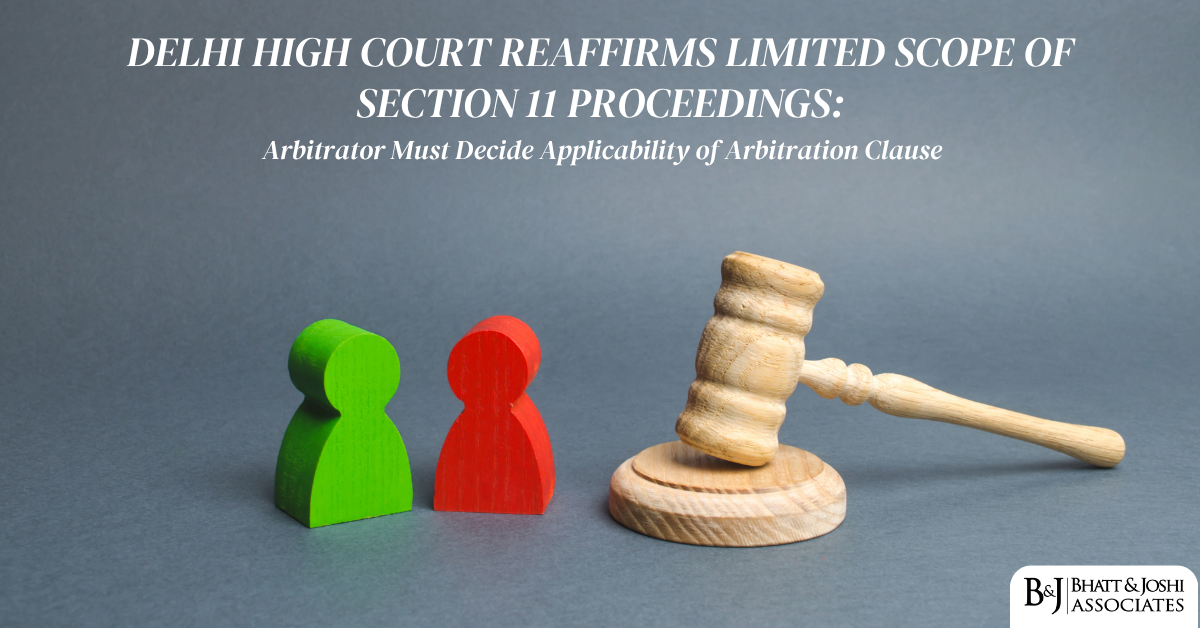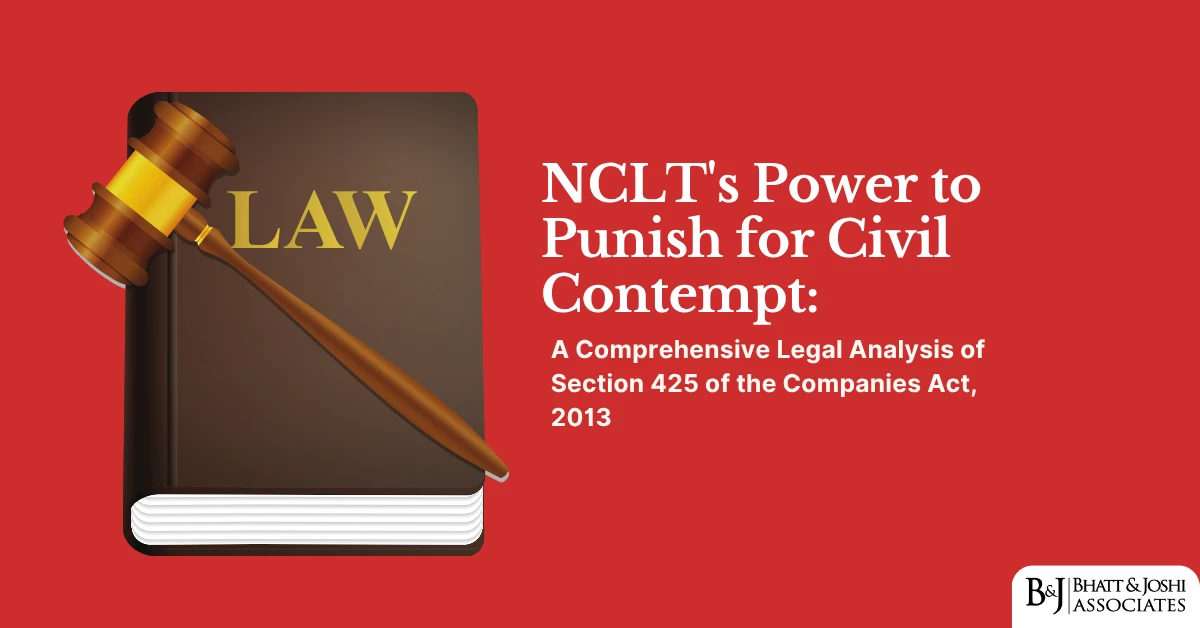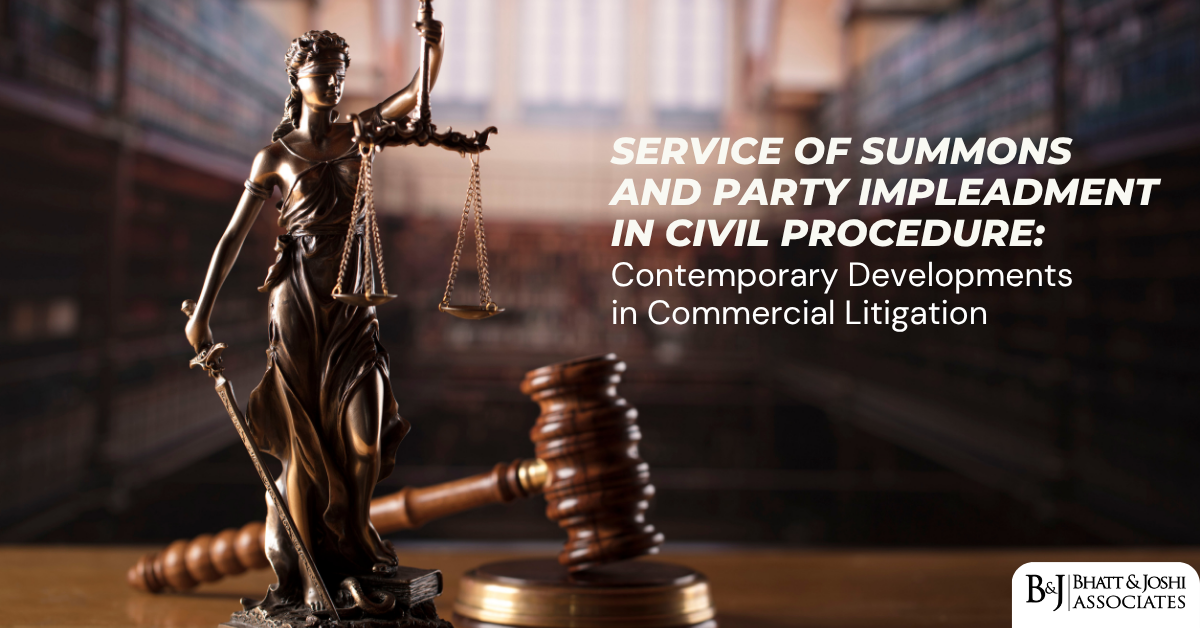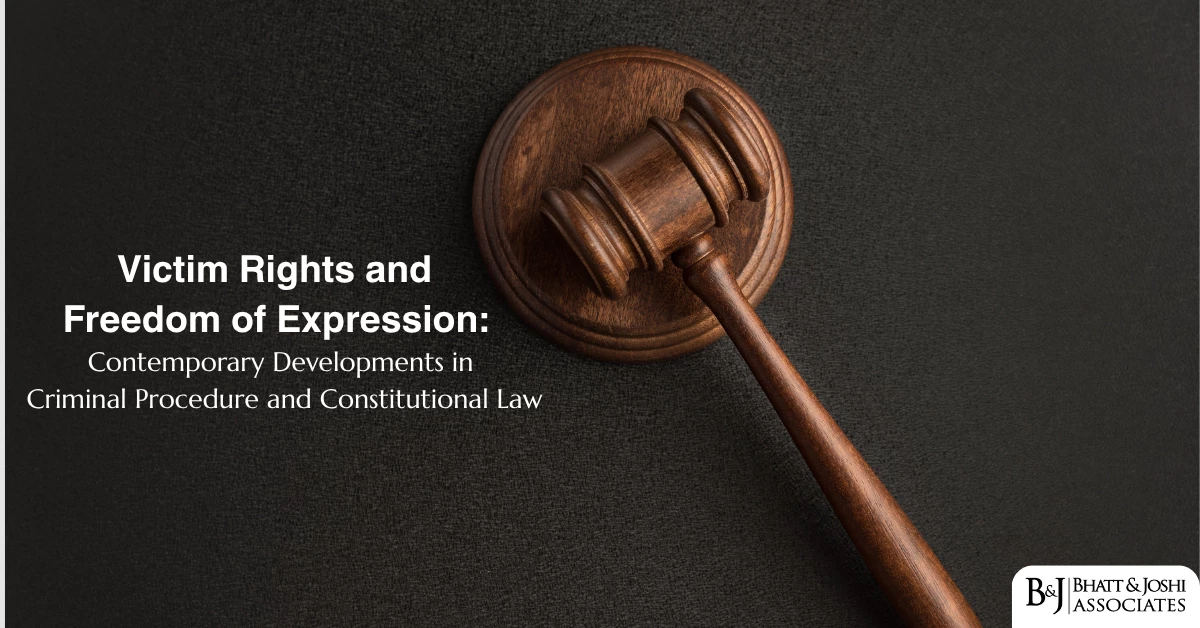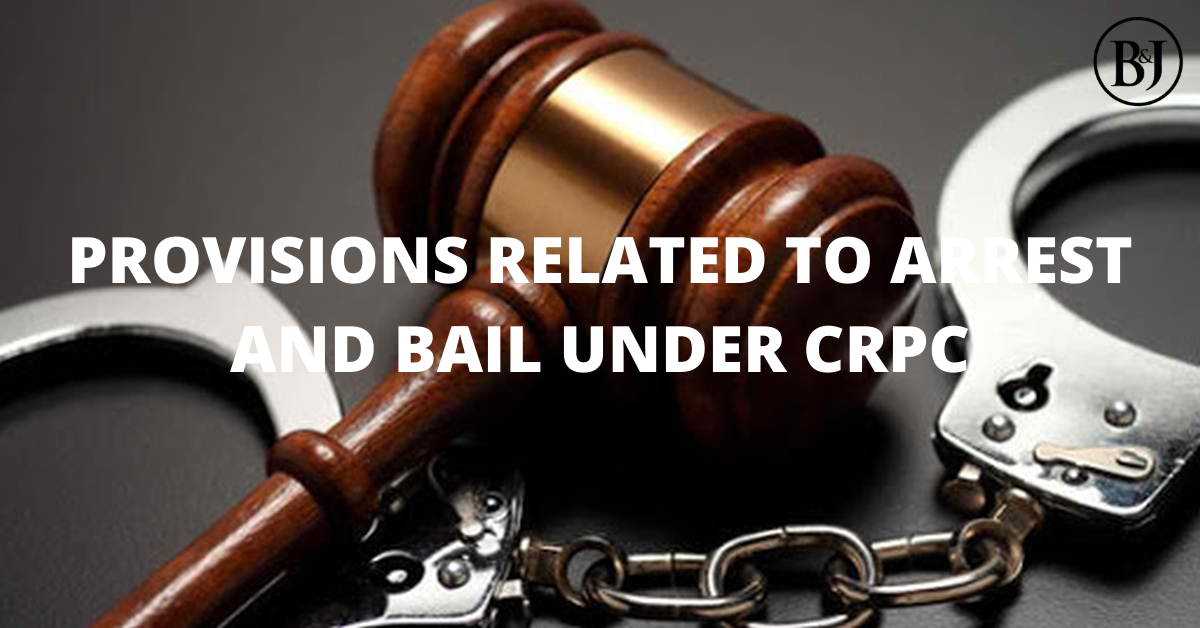
Introduction
The Code of Criminal Procedure, 1973 (“CrPC”) represents the cornerstone of India’s criminal justice system, establishing the procedural framework within which criminal law operates. [1] Among its most significant features are the provisions related to arrest and bail, enshrined primarily in Sections 436 to 450 of Chapter XXXIII. These provisions embody the fundamental principle that liberty is the rule and detention is the exception, ensuring that the criminal justice system balances the protection of society with the preservation of individual rights.
The concept of bail, while not explicitly defined in the CrPC, has been judicially recognized as the release of an accused person from custody upon providing security for their appearance before the court. [2] This mechanism serves as a crucial safeguard against arbitrary detention while ensuring that the accused remains available for trial proceedings.
Legal Framework Governing Bailable Offences Under Section 436
Mandatory Nature of Bail in Bailable Offences
Section 436(1) of the CrPC establishes an absolute right to bail for persons accused of bailable offences. The provision states that when any person other than one accused of a non-bailable offence is arrested or detained without warrant, and is prepared to give bail, “such person shall be released on bail.” [3] The use of the word “shall” renders this provision mandatory, leaving no discretion to the police officer or magistrate to deny bail in such cases.
The Supreme Court in Rasiklal v. Kishore s/o Khanchand Wadhwani [4] emphasized that the right to bail for bailable offences is “absolute and indefeasible,” and no discretion can be exercised contrary to the imperative language of Section 436. This mandatory nature reflects the legislative intent to prevent unnecessary detention for less serious offences, typically those punishable with imprisonment of less than three years.
Protection for Indigent Persons
The first proviso to Section 436(1) contains a significant humanitarian provision for indigent persons who cannot afford to furnish sureties. The section mandates that if such a person is unable to provide surety, they “shall” be discharged on executing a bond without sureties. [5] The Explanation to this section clarifies that a person unable to give bail within a week of arrest shall be presumed to be indigent for this purpose.
This provision ensures that financial incapacity does not become a barrier to the constitutional right to liberty. The Supreme Court has consistently held that the right to bail cannot be denied merely due to the economic condition of the accused.
Legal Consequences of Wrongful Denial
The landmark case of Dharmu Naik v. Rabindranath Acharya [6] established that refusal to grant bail in contravention of Section 436 renders the detention illegal. The Court held that a police officer causing such wrongful detention may be held guilty of wrongful confinement under Section 342 of the Indian Penal Code. This judicial pronouncement adds teeth to the mandatory nature of bail in bailable offences and provides a deterrent against arbitrary denial of bail.
Discretionary Bail Powers Under Section 437
Judicial Discretion in Non-Bailable Offences
Section 437 of the CrPC governs bail in non-bailable offences, where the grant of bail is not a matter of right but falls within the judicial discretion of the court. The section uses the word “may,” indicating that the court possesses discretionary power to grant or refuse bail after considering various factors. [7]
The Supreme Court in Sanjay Chandra v. Central Bureau of Investigation [8] outlined the key considerations that courts must evaluate when exercising this discretion:
- The nature and gravity of the accusation
- The severity of punishment if convicted
- The character and behaviour of the accused
- The circumstances of the offence
- The likelihood of the accused appearing for trial
- The possibility of tampering with evidence or influencing witnesses
Restrictions on Bail Grant
Section 437(1) contains specific restrictions where bail shall not be granted in non-bailable offences. These include cases where there are reasonable grounds to believe that the accused is guilty of an offence punishable with death or life imprisonment, or where the accused has a history of serious criminal convictions. [9]
However, the proviso to this sub-section creates exceptions for vulnerable categories, including persons under sixteen years of age, women, and those who are sick or infirm. This reflects the humanitarian approach of the criminal justice system towards vulnerable sections of society.
Conditions for Bail
Sub-section (3) of Section 437 empowers courts to impose reasonable conditions while granting bail. These conditions must be related to ensuring the accused’s appearance in court, preventing tampering with evidence, or maintaining public order. The Supreme Court in Mukeshbhai Nanubhai Patel v. State of Gujarat [10] held that conditions requiring monthly payment of money or seizure of passport without justification are improper and unreasonable.
Special Powers of Superior Courts Under Section 439
Enhanced Jurisdiction of High Courts and Sessions Courts
Section 439 confers special powers upon High Courts and Sessions Courts to grant bail in any case, whether the accused is in custody or not. This provision grants wider discretionary powers compared to Section 437, allowing these superior courts to consider factors beyond the limited scope available to magistrates.
The Supreme Court in Sanjay Chandra v. CBI [11] clarified that an accused is detained not because of guilt, but because there are reasonable grounds for the charges that make it proper for them to be tried. The Court emphasized that three main elements must be considered: the charge, the nature of evidence supporting it, and the punishment the party would face if convicted.
Balancing Personal Liberty with Societal Interests
The exercise of powers under Section 439 requires courts to maintain a delicate balance between personal liberty guaranteed under Article 21 of the Constitution and the interests of society. In A.K. Gopalan v. State of Madras [12], the Supreme Court recognized that while individual liberty is paramount, it must be balanced with community security and the investigational rights of the police.
Anticipatory Bail: Protection Under Section 438
Genesis and Purpose of Anticipatory Bail
Section 438, which provides for anticipatory bail, was introduced based on the recommendations of the 41st Law Commission Report of 1969. The provision was designed to protect individuals from harassment through false accusations and malicious prosecutions, particularly in politically motivated cases. [13]
The section enables any person who has reason to believe that they may be arrested for a non-bailable offence to apply to the High Court or Sessions Court for directions that, in the event of arrest, they shall be released on bail.
Landmark Pronouncement in Gurbaksh Singh Sibbia
The constitutional bench decision in Gurbaksh Singh Sibbia v. State of Punjab [14] remains the cornerstone of anticipatory bail jurisprudence. The Court established several fundamental principles:
- The difference between ordinary bail and anticipatory bail lies in timing – ordinary bail is granted after arrest, while anticipatory bail is granted before arrest
- There is no restriction on granting anticipatory bail merely because the alleged offence is punishable with life imprisonment or death
- The imminence of arrest can be shown even before an FIR is filed
- Mere fear of arrest is insufficient; there must be reasonable grounds for apprehension
- The power should be exercised with care but not only in exceptional cases
Contemporary Developments
Recent judicial pronouncements have continued to liberalize the interpretation of Section 438. In Sushila Aggarwal v. State (NCT of Delhi) [15], the Supreme Court held that anticipatory bail should not be time-bound unless specifically directed by the court, ensuring continued protection for the accused throughout the proceedings.
Statutory Bail Under Section 436A
Right to Bail Based on Duration of Detention
Section 436A, introduced by the 2005 amendment, establishes the right to statutory bail for undertrial prisoners who have been detained for half the maximum period of imprisonment prescribed for the alleged offence. [16] This provision serves as a crucial safeguard against prolonged detention without trial.
The section mandates that such persons “shall be released” on their personal bond, with or without sureties, making it a matter of right rather than judicial discretion. However, the court retains the power to order continued detention after recording reasons in writing and hearing the public prosecutor.
Balancing Rights and Justice
The provision reflects the constitutional principle that no person should be subjected to prolonged detention without trial, which would effectively amount to punishment before conviction. It ensures that the criminal justice system does not become a tool for indefinite incarceration of undertrial prisoners.
Bail in Cases of Conviction: Section 389
Post-Conviction Bail
Section 389 provides for the grant of bail to convicted persons whose appeals are pending before appellate courts. This provision recognizes that the right to appeal would be meaningless if the convicted person is required to serve the entire sentence before the appeal is heard.
In Manu Sharma v. State (NCT of Delhi) [17], the Supreme Court held that while exercising discretion under this section, courts should consider whether prima facie grounds exist for substantial doubt about the conviction and whether there is likelihood of unreasonable delay in disposal of the appeal.
Suspension of Sentence
An important feature of Section 389 is the power of appellate courts to suspend not only the execution of the sentence but also the conviction itself pending appeal. This ensures that the stigma of conviction does not attach to the appellant until the appeal is finally decided.
Regulatory Framework and Conditions
Bond and Surety Requirements
Sections 440-445 of the CrPC establish the framework for bonds and sureties. Section 441 specifies the requirements for bonds to be executed by accused persons and their sureties, ensuring that adequate security is provided for the accused’s appearance. [18]
The amount of bond must be reasonable and proportionate to the economic capacity of the accused. Courts are required to consider the financial status of the accused while determining bond amounts to ensure that bail does not become illusory due to financial constraints.
Cancellation and Forfeiture
Section 446A provides for cancellation of bail bonds, while Section 446 deals with forfeiture procedures. These provisions ensure that the bail system maintains its efficacy by providing consequences for non-compliance with bail conditions.
Contemporary Challenges and Judicial Responses
Misuse of Discretionary Powers
The criminal justice system continues to grapple with issues of inconsistent application of bail provisions. Courts have emphasized the need for uniform application of established principles to prevent arbitrary exercise of discretionary powers.
Protection of Vulnerable Groups
Recent judicial decisions have emphasized enhanced protection for vulnerable groups, including women, children, and economically disadvantaged persons. The Supreme Court has consistently held that special consideration must be given to these categories while deciding bail applications.
Technological Integration
The integration of technology in the bail process, including video conferencing for bail hearings and electronic monitoring systems, represents an evolving aspect of the bail framework that balances efficiency with rights protection.
Conclusion
The provisions related to arrest and bail under the CrPC represent a carefully crafted balance between individual liberty and societal security. The mandatory nature of bail in bailable offences, the discretionary framework for non-bailable offences, and the protective mechanism of anticipatory bail collectively ensure that the criminal justice system remains fair and just.
The evolution of bail jurisprudence through landmark judgments has consistently emphasized the presumption of innocence and the principle that liberty is the rule while detention is the exception. As the legal system continues to evolve, these fundamental principles must be preserved while adapting to contemporary challenges and technological advancements.
The effective implementation of the provisions related to arrest and bail requires not only judicial wisdom but also systemic reforms to ensure that the promise of justice remains accessible to all citizens, regardless of their economic or social status. The bail system thus serves as a litmus test for the health of any criminal justice system, and its proper functioning is essential for maintaining public confidence in the rule of law.
References
[1] The Code of Criminal Procedure, 1973, available at https://www.indiacode.nic.in/bitstream/123456789/15352/1/the_code_of_criminal_procedure%2C_1973.pdf
[2] Moti Ram v. State of M.P., AIR 1978 SC 1594, available at https://indiankanoon.org/doc/1418805/
[3] Section 436, The Code of Criminal Procedure, 1973, available at https://indiankanoon.org/doc/770661/
[4] Rasiklal v. Kishore s/o Khanchand Wadhwani, AIR 2009 SC 1341, available at https://indiankanoon.org/doc/1616403/
[5] Section 436(1) proviso, The Code of Criminal Procedure, 1973, available at https://devgan.in/crpc/section/436/
[6] Dharmu Naik v. Rabindranath Acharya, 1978 CriLJ 864, available at https://indiankanoon.org/doc/1571076/
[7] Section 437, The Code of Criminal Procedure, 1973, available at https://indiankanoon.org/doc/445276/
[8] Sanjay Chandra v. Central Bureau of Investigation, (2012) 1 SCC 40, available at https://indiankanoon.org/doc/93168670/
[9] Section 437(1), The Code of Criminal Procedure, 1973, available at https://devgan.in/crpc/section/437/
[10] Mukeshbhai Nanubhai Patel v. State of Gujarat, (2005) 3 SCC 351, available at https://indiankanoon.org/doc/455891/
[11] Sanjay Chandra v. Central Bureau of Investigation, supra note 8
[12] A.K. Gopalan v. State of Madras, AIR 1950 SC 27, available at https://indiankanoon.org/doc/1857199/
[13] Law Commission of India, 41st Report on the Code of Criminal Procedure, 1969
[14] Gurbaksh Singh Sibbia v. State of Punjab, (1980) 2 SCC 565, available at https://indiankanoon.org/doc/1654026/
[15] Sushila Aggarwal v. State (NCT of Delhi), (2020) 5 SCC 1, available at https://indiankanoon.org/doc/34207872/
[16] Section 436A, The Code of Criminal Procedure, 1973, available at https://indiankanoon.org/doc/1679850/
Links to Download Full Judgement
- https://bhattandjoshiassociates.s3.ap-south-1.amazonaws.com/judgements/Moti_Ram_Ors_vs_State_Of_M_P_on_24_August_1978.PDF
- https://bhattandjoshiassociates.s3.ap-south-1.amazonaws.com/judgements/Rasiklal_vs_Kishore_on_20_February_2009.PDF
- https://bhattandjoshiassociates.s3.ap-south-1.amazonaws.com/judgements/Dharmu_Naik_vs_Rabindranath_Acharya_on_16_January_1978.PDF
- https://bhattandjoshiassociates.s3.ap-south-1.amazonaws.com/judgements/Sanjay_Chandra_vs_Cbi_on_23_November_2011.PDF
- https://bhattandjoshiassociates.s3.ap-south-1.amazonaws.com/judgements/Mukeshbhai_Nanubhai_Patel_vs_State_Of_Gujarat_on_5_March_1997.PDF
- https://bhattandjoshiassociates.s3.ap-south-1.amazonaws.com/judgements/A_K_Gopalan_vs_The_State_Of_Madras_Union_Of_India__on_19_May_1950.PDF
- https://bhattandjoshiassociates.s3.ap-south-1.amazonaws.com/judgements/2022082436.pdf





